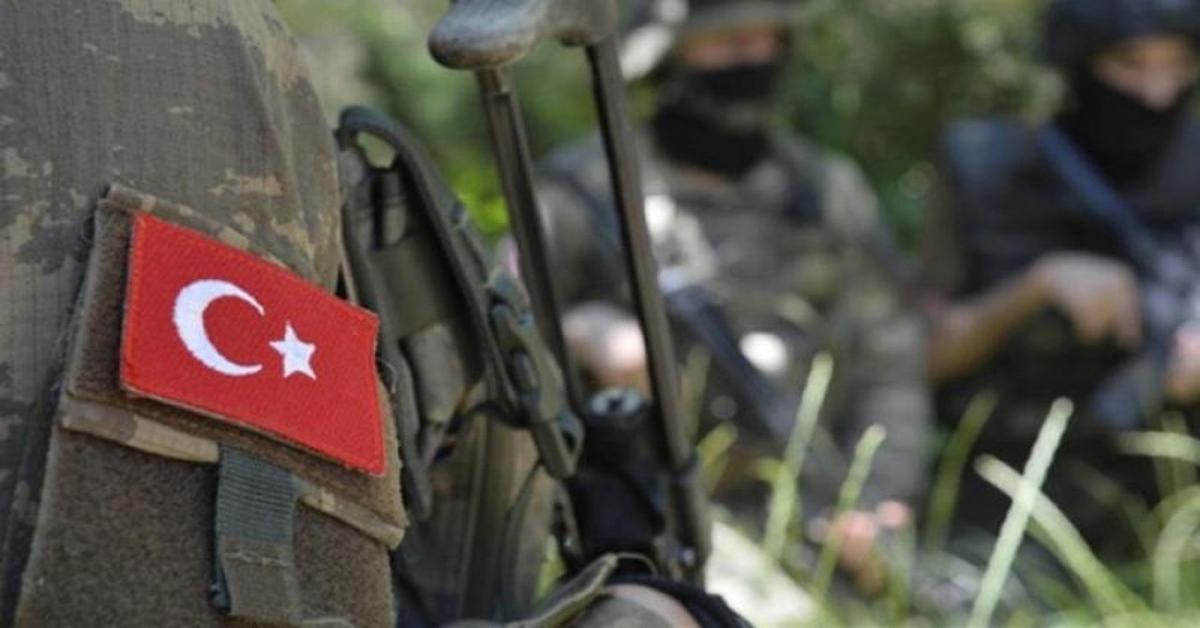
The Turkish Armed Forces, as communicated by various branches of the Turkish government over the months, has been preparing to ouster the PKK/YPG from power in Syria.
Senior U.S. officials also have commented on the matter to the Wall Street Journal. Yet this is not new information and is a inevitably pending development.
While the YPG requests Washington to pressure Ankara prior to its operation, any moves will likely be to no avail. For years, Ankara has emphasized the mistake of sidelining a fellow NATO treaty ally and engaging with terrorist groups in the region.
On Dec. 15, the Turkish Minister of Defense Yasar Guler reiterated to the press that the PKK/YPG will be eradicated "sooner or later." The Syrian Interim Government, set up until March 2025 to ensure stability and peace, has also pledged to eliminate the YPG.
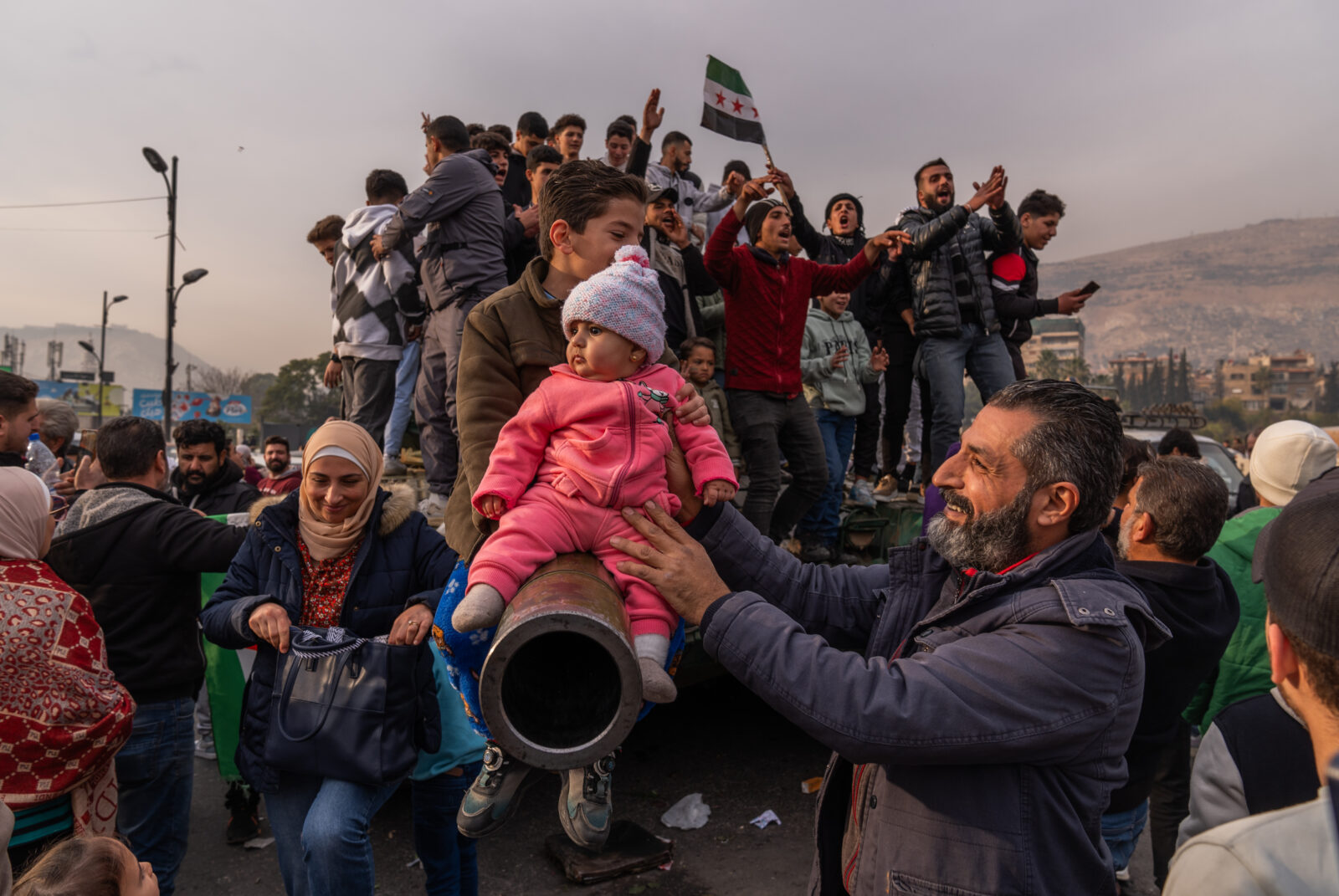
Beginning on Nov. 27 and lasting until Dec. 8, the largest cities of Syria—Aleppo, Homs and Damascus—fell as Assad regime soldiers fled their positions and Assad escaped to Moscow.
On Dec. 12, Türkiye's National Intelligence Organization (MIT) chief Ibrahim Kalin visited Damascus, likely to assess the security situation ahead of the anticipated arrival of other senior Turkish officials. Two days later, the Turkish embassy in Damascus reopened after a 12-year hiatus.
Behind the scenes, Ankara kept the two largest factions of the Syrian opposition at bay for months, eager to act, as they have long waited for a greenlight to push forward. They include the Hayat Tahrir al-Sham (HTS) which operates under more autonomous conditions and the Syrian National Army (SNA, also known as Free Syrian Army) which the Turkish army trained.
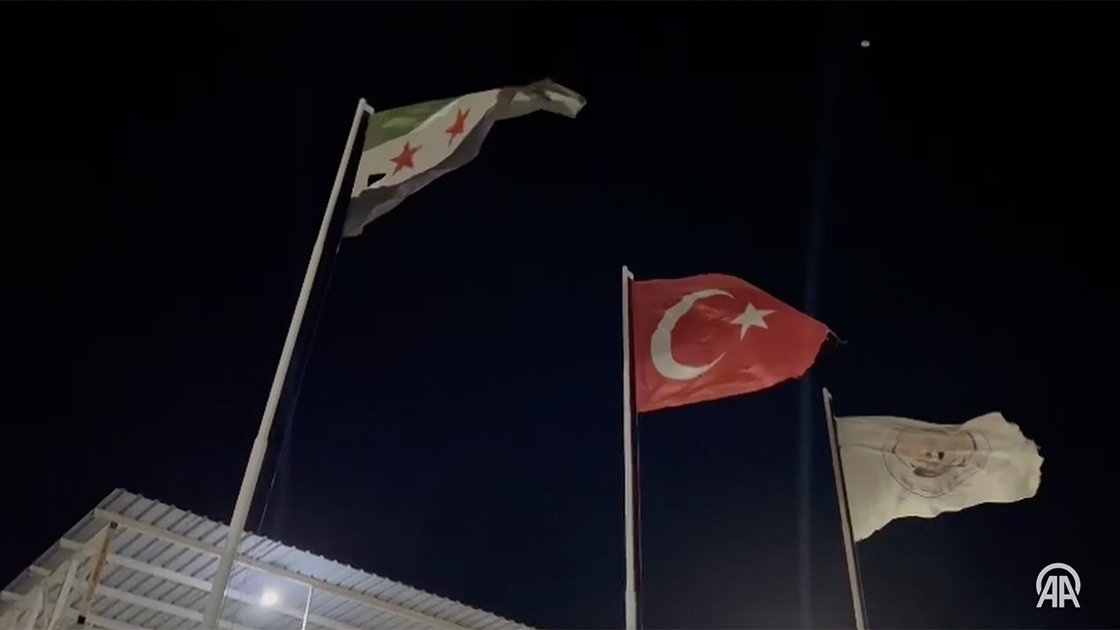
The fall of the Assad regime included no Turkish boots on the ground but was driven by the national will of the Syrian people. Since then, celebrations have taken place, while optimistic and idealist Syrians, having lived years in exile, are becoming galvanized with purpose to rebuild their nation.
But Syria remains divided. A good portion of the country's northeastern territory, east of the Euphrates River, is still under the helm of the PKK/YPG. This scenario is ultimately a redline for Türkiye, an existential threat it considers to the greatest degree.
The situation has ultimately resulted in the Turkish Armed Forces and intelligence conducting airstrikes and special operations under the current conditions of this precarious proxy war. Patiently limiting operations, they are awaiting the right moment to strike, which now appears on the horizon more than ever before.
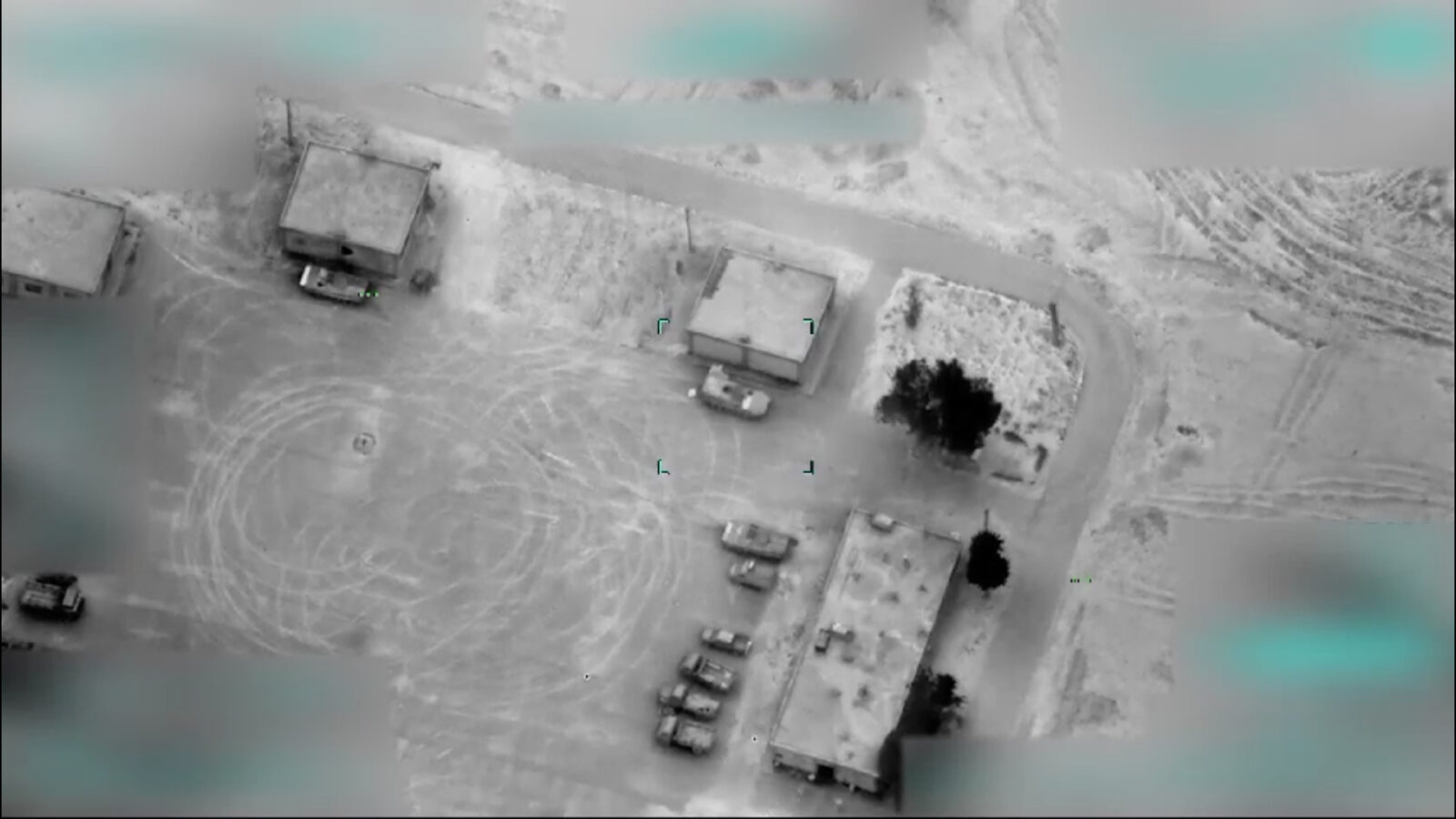
The issue remains that some 900 U.S. troops find themselves symbolically protecting the YPG. There is a strong chance that if Ankara's patience runs out they would be at the crossfire of the Syrian opposition and if push comes to shove Türkiye's army.
The collapse of the Assad regime also included the collapse of power in YPG-held areas such as Tel Rifaat, areas in northern Aleppo, and Manbij. A brief cease-fire between the SNA and the PKK/YPG ended on Tuesday, Dec. 17 but extended for another week. Yet a lasting agreement which maintains Syria's current status quo remains highly unlikely.
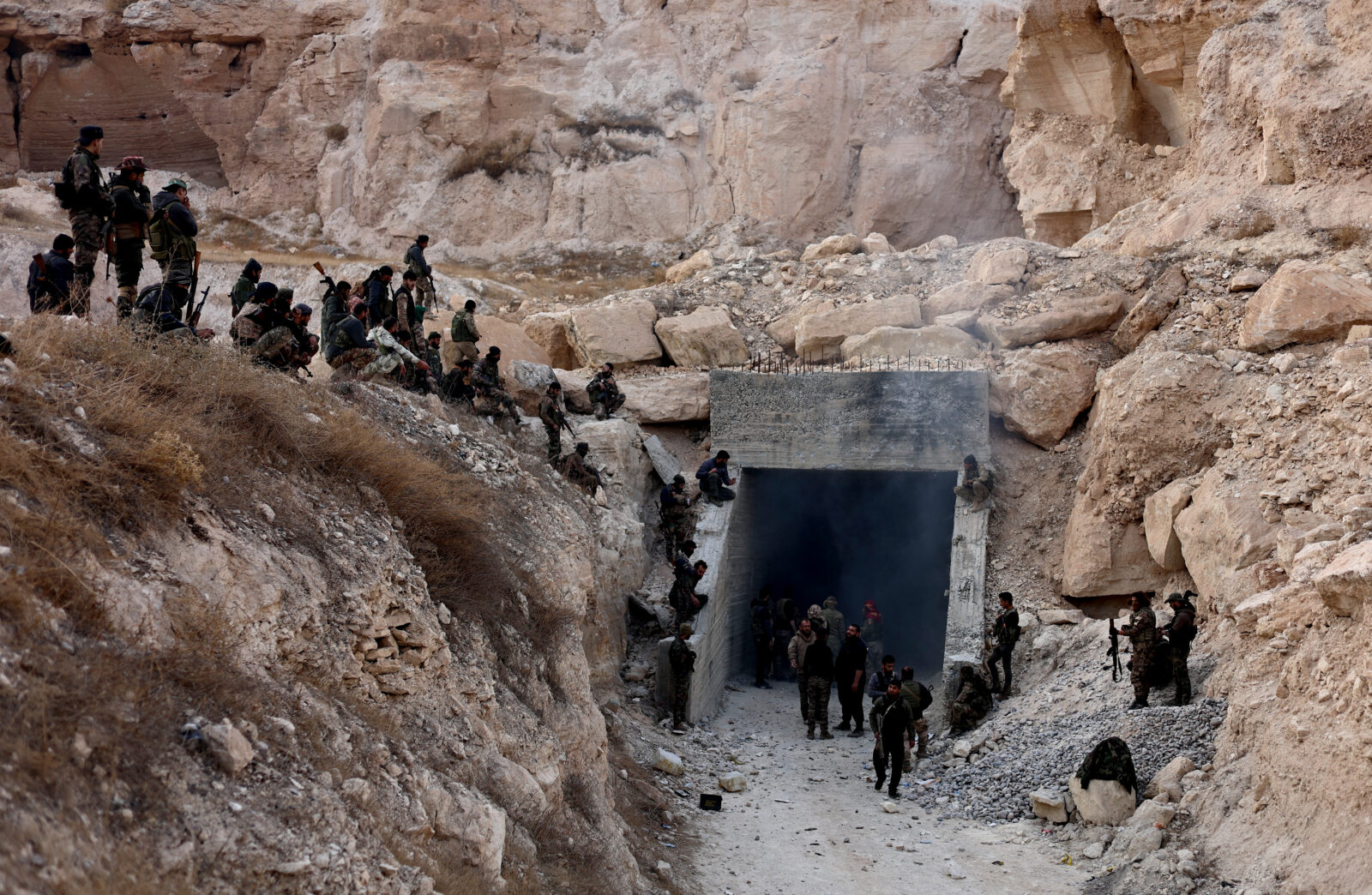
Domestic fatigue and past mistakes of American foreign policy over engagement in endless wars—the invasion of Afghanistan in 2001, the invasion of Iraq in 2003, and the toppling of Libya’s Moammar Gadhafi in 2011—have led to Washington allowing the Assad regime to cross its numerous redlines while it carpet bombed its own civilians and used chemical weapons.
Senior Turkish officials have long called for maintaining the territorial integrity of Syria and ushering stability to the war-torn nation. Türkiye has protected a third of Syria's population, whether in Türkiye itself or in the safe zones it has been carving out in Syria since August 2016.
Ankara long waited for a greenlight from the U.S. to act in Syria, but the July 15, 2016 coup attempt in Türkiye was the straw that broke the camel's back. In its aftermath, Ankara's evergrowing bureaucracy swiftly shifted gears, taking matters into its own hands while Turkish nationalists elevated themselves in the political scene.
In the Syrian civil war that erupted in 2011, which includes a kaleidoscope of proxy interests, no greater outsider stakeholder holds greater significance than Türkiye which shares an over 900-kilometer border with Syria.
President-elect Donald Trump, who campaigned for a more sensible U.S. foreign policy that is not bogged down in a multitude of global conflicts, commented on Sunday that Türkiye maintains one of the most powerful armies in the region. He described Bashar al-Assad as a "butcher" and emphasized that Türkiye is behind the latest developments unfolding in Syria.
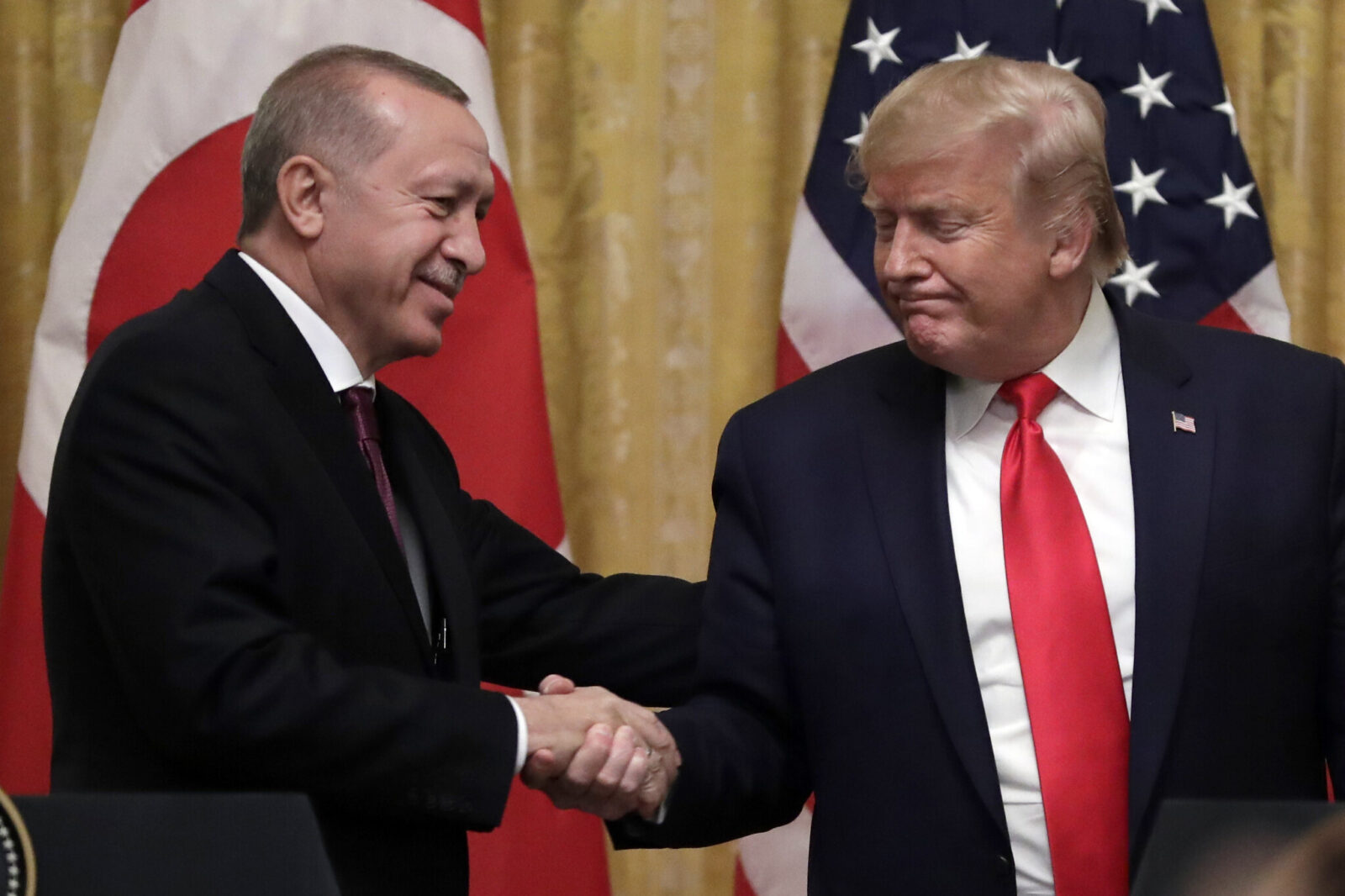
A more cooperative American administration with Türkiye could ease the growing calls for a multi-polar world. This is exemplified by European Commission President Ursula von der Leyen's visit to Türkiye on Tuesday, as the EU seeks to play a role in Syria.
It will be intriguing to witness which card Washington will play:
A political fold would be in Türkiye's interest as well as the U.S., as it would limit costs and prevent further loss of life. Alienating Ankara remains to be a greater risk for American interests than alienating any other partner in the region.